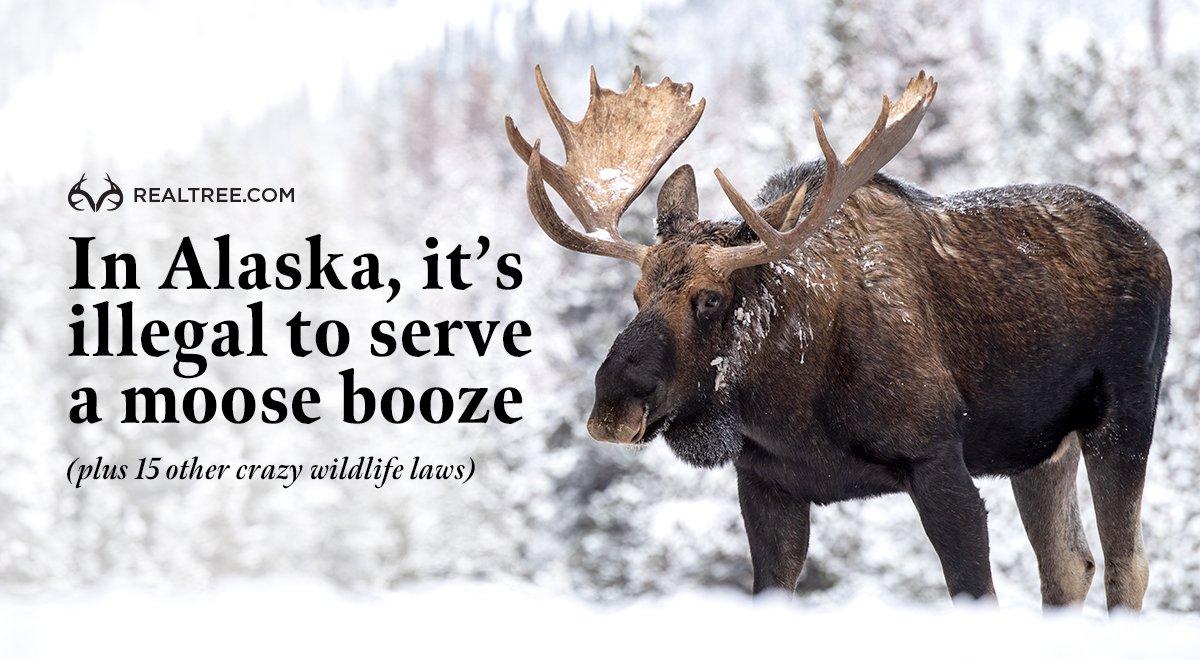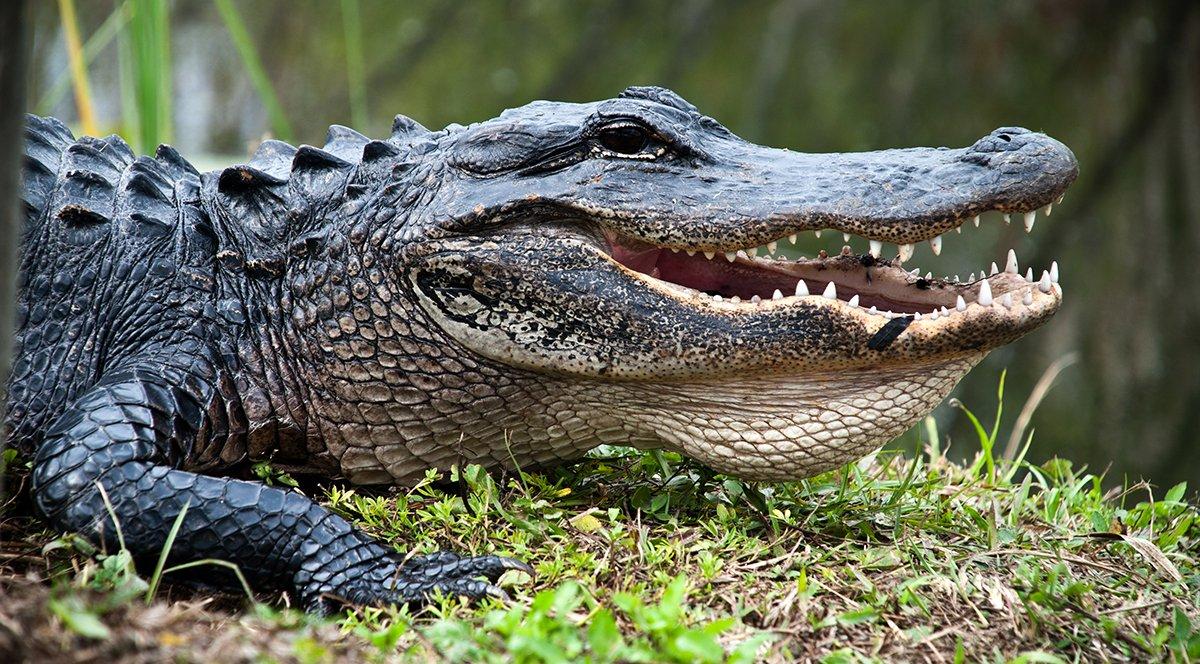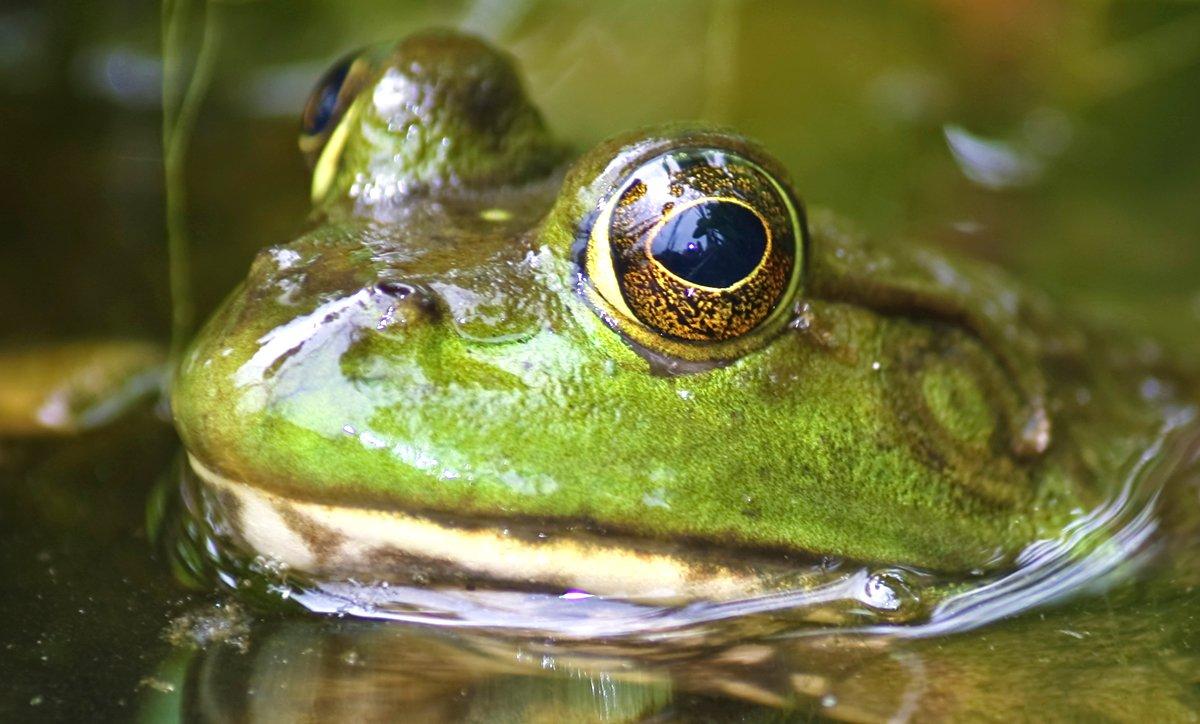Some of these laws have great backstories and some seem to have none at all

1. Set Your Sights on Dry Deer
In Georgia, it is unlawful to take a deer by any means while it is in a lake, stream, or pond. This law leaves a lot up for interpretation. It says nothing about the depth or duration of the water. Can you really not shoot a deer if it happens to have one foot in a tiny trickling stream? What if it's standing only ankle deep in water at the edge of a pond?
2. Label It
In New Hampshire, archers and crossbow hunters must have their name and town or residence on arrows or bolts. The goal of this law is to promote hunting ethics. The New Hampshire Farm Bureau sponsored this legislation many years ago at the request of state farmers. The thought behind this law is that having your information on your arrows will keep you from taking an unethical long shot. Often, such shots end up with arrows lost in hay or other unwanted places — and even ending up on land that hunters don't have permission to access. A Fish and Game Law Enforcement Division and Operation Game Thief Facebook post explains the reasoning in a bit more detail.
3. Don't Pester Florida Wildlife
You can't harass key deer or alligators in Florida. You wouldn't think that'd be a problem, but there have indeed been incidents of people harassing deer and alligators in The Sunshine State. In fact, a few years ago, Realtree posted a blog about two men who were arrested after three of the endangered key deer were found tied up in the trunk of their car. And people do occasionally harass alligators for entertainment or to impress others. For example, a Florida chiropractor faced a felony charge for harassing wild alligators, which included petting them, rubbing them on the chin and even kissing one. How did the wildlife officers discover he was harassing the gators? He filmed it all and posted it to social media, of course.
4. Do Shoot That Sasquatch
In Texas, it's legal to hunt and shoot Bigfoot. Although the state has no official position on Bigfoot, according to Texas Parks and Wildlife Commission, Bigfoot would be considered a non-protected non-game animal, which can be hunted on private property with the landowner's consent at any time without a bag limit.
5. Don't Shoot That Sasquatch
But you can't kill Bigfoot in Skamania County, Washington, which considers itself a Bigfoot refuge. In fact, a 1969 ordinance states that killing this endangered ape-like creature can get you a year in jail, a $1,000 fine, or both. But scientists looking to study and photograph Bigfoot are welcome.
6. No Frog Legs for You
In California, you can't eat a frog that you kill or that just happens to die if it has participated in a frog-jumping competition. According to the state law, Any person may possess any number of live frogs to use in frog-jumping contests, but if such a frog dies or is killed, it must be destroyed as soon as possible, and may not be eaten or otherwise used for any purpose. We could find little to no explanation for this law. Perhaps it was seen as unsportsmanlike to eat the athletes after the competition.
7. No Bat Hunting
In Texas, it's illegal to hunt or kill bats unless they're inside or on top of buildings. Texas Parks and Wildlife stresses that bats are extremely beneficial creatures to humans. They help control pests by consuming tons of insects each night and are vital pollinators and seed-dispersers for a variety of plants.
8. No Smoke or Fire
Want to smoke that critter out of its hole? Well, you can't if you live in Alabama. In the state, it is illegal to hunt by the aid of fire or smoke, whether man-made or natural.
9. No Explosives
You also can't hunt wildlife using explosives in Alabama. So, no matter how desperate you get, you've gotta leave that dynamite out of your hunting pack. It also means no blowing up a herd of hogs with Tannerite like they sometimes do in Texas.
10. A Day of Rest
You can't hunt in Maine and Massachusetts on Sundays. Several other states have restrictions about Sunday hunting as well. Many of these laws originated in the 1800s as puritanical laws to prevent activities that conflicted with the observance of a day of rest and to encourage people to go to church. At the time, other prohibited activities included opening a store for business, drinking alcoholic beverages and tilling fields. Fortunately, several states are working to expand Sunday hunting opportunities.
(Don't Miss: Where Kayak Fishing Came From)
11. Don't Shoot That White Deer
That albino deer that'd make an excellent full-body mount is off limits if you live in Tennessee, Illinois, Iowa and Wisconsin, where it is illegal to take a deer that is truly albino, meaning it's solid white with a pink nose and eyes. If the deer is piebald, it's legal to harvest in most states. In Iowa it must be more than 50% brown to shoot. There is no biological reason for this law. In fact, many hunters will argue that albino deer should be removed from the herd because albino animals are often inflicted with a number of health problems because of genetic abnormalities. Others who are for the law will argue that albino deer are rare, and because deer are a natural resource shared by everyone, it's unfair for one person to keep others from seeing that unique resource.
12. No Photos
Utah, Arizona and Nevada have banned the use of all trail cameras for hunting, and Montana prohibits the use of cellular cams during hunting season. According to an article published on Realtree.com, Western bans have been mostly about elk and mule deer. On some waterholes, as many as 50 or more cams have been placed by hunters scouting these spots. Could Eastern states be regulated next? This story explores that possibility.
13. Shush
In Alaska, you can't whisper in the ear of someone who is moose hunting. After all, concentration is important. Just hold your tongue until he or she has taken the shot.
14. A Little Booze and a Shove
You also can't give a moose an alcoholic beverage or push a live moose out of a moving airplane in Alaska. Of course, if you're about to attempt to push a live moose out of a plane, it might make it a bit easier if you first give the animal a beer to relax it a bit. According to this article in the Montecito Journal, the airplane law came about because years ago, the town of Takeetna came up with a contest that involved putting numbers on moose poo and dropping the poo from an airplane. Townsfolk would gather the droppings, with the winner finding the prize number. PETA took offense and protested because organization members falsely believed that actual moose were being dropped from the plane. So, city officials banned the dropping of moose and their poo from airplanes. According to Taste of Home, the no-alcohol-for-moose law was passed because in 2007, a moose nicknamed "Buzzwinkle" by local media created a stir as it stammered down the streets of Anchorage with Christmas lights tangled in its antlers after it had guzzled beer from a local brewery's supply during the holiday season.
15. To Slingshot or Not
Want to up the challenge a bit when hunting small game? You could give slingshot hunting a try, depending on the critter and state you're hunting in. Some states allow it, with certain regulations, and some states don't. Check out this state-by-state rundown of slingshot hunting laws to see if it's legal where you hunt.
So, there you have it. A list of some crazy and unique hunting and wild game laws still on the books. Do you have any weird hunting laws in your state that just don't seem to make sense?










